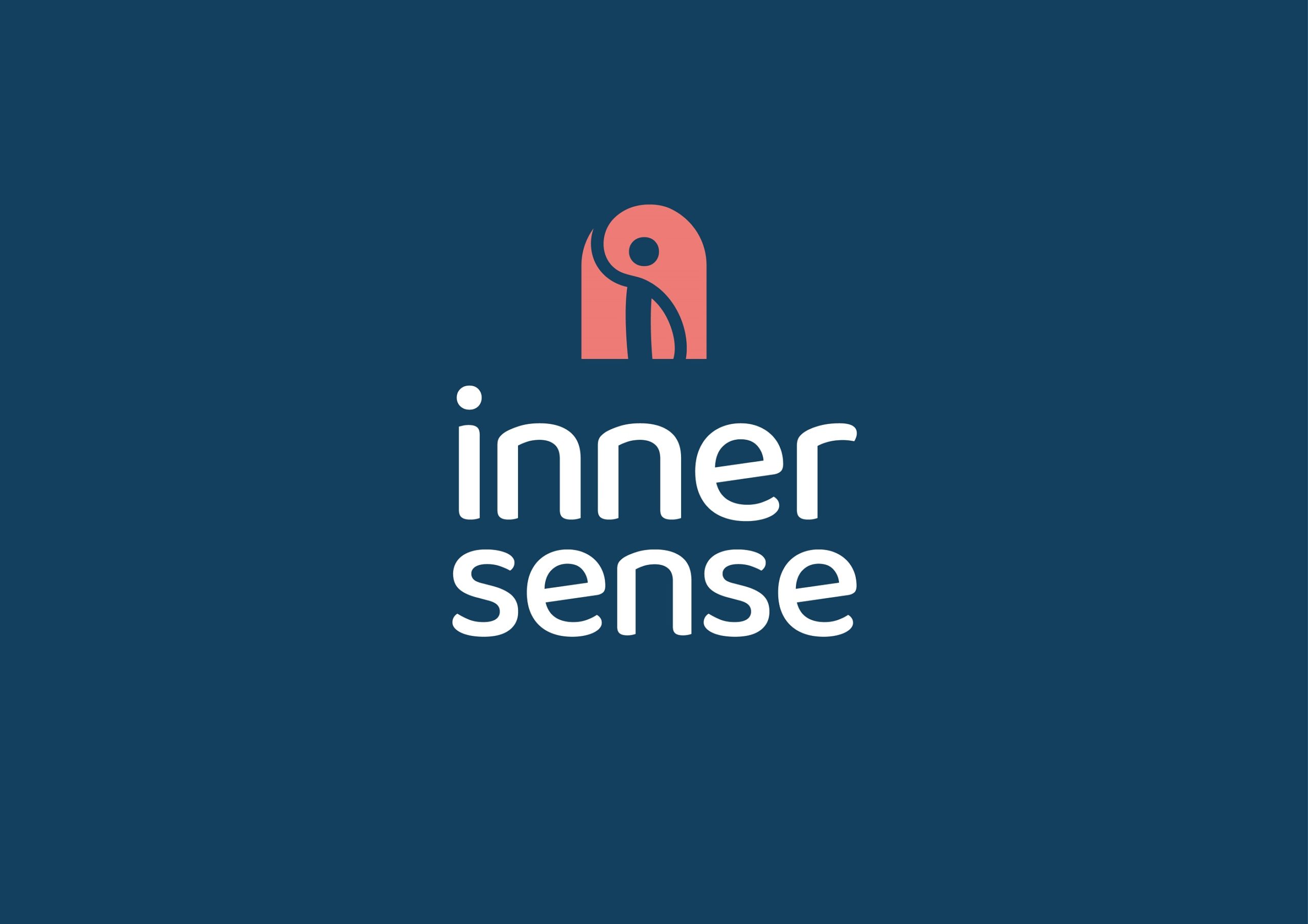
Interoception – Is Mental Health Really All in Your Head?
Modern science almost exclusively associates mental health with the brain. While this is certainly true to an extent, it doesn’t quite tell the whole story. New research into interoception indicates that the rest of the body may also have a significant part to play with what’s going on inside our heads – we explain more in this post.











